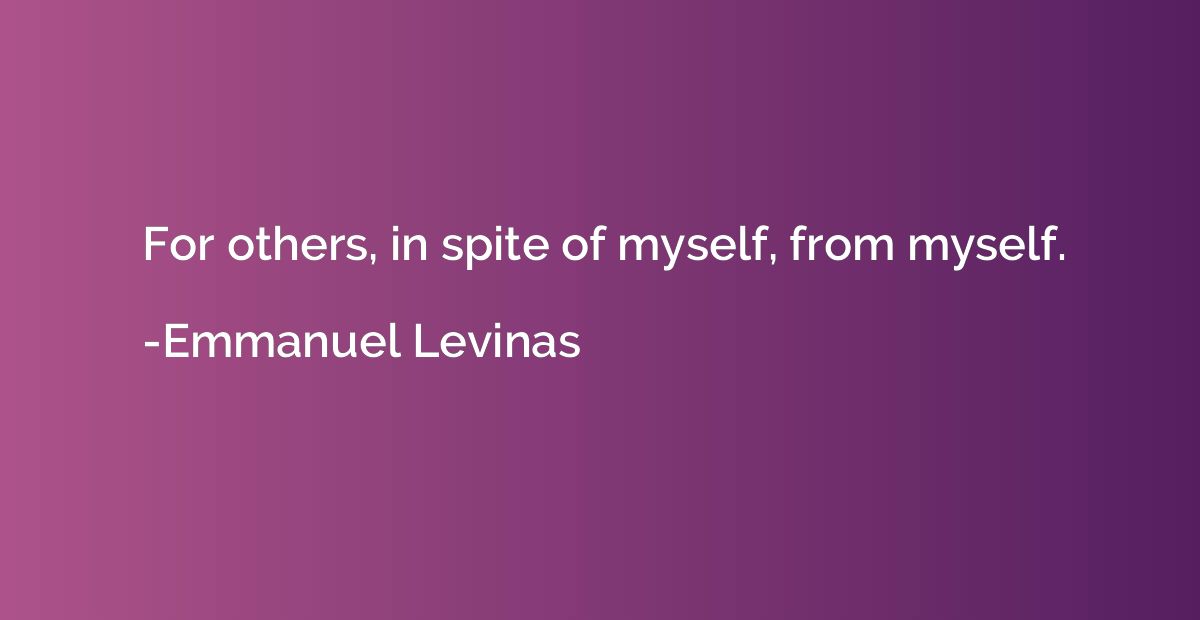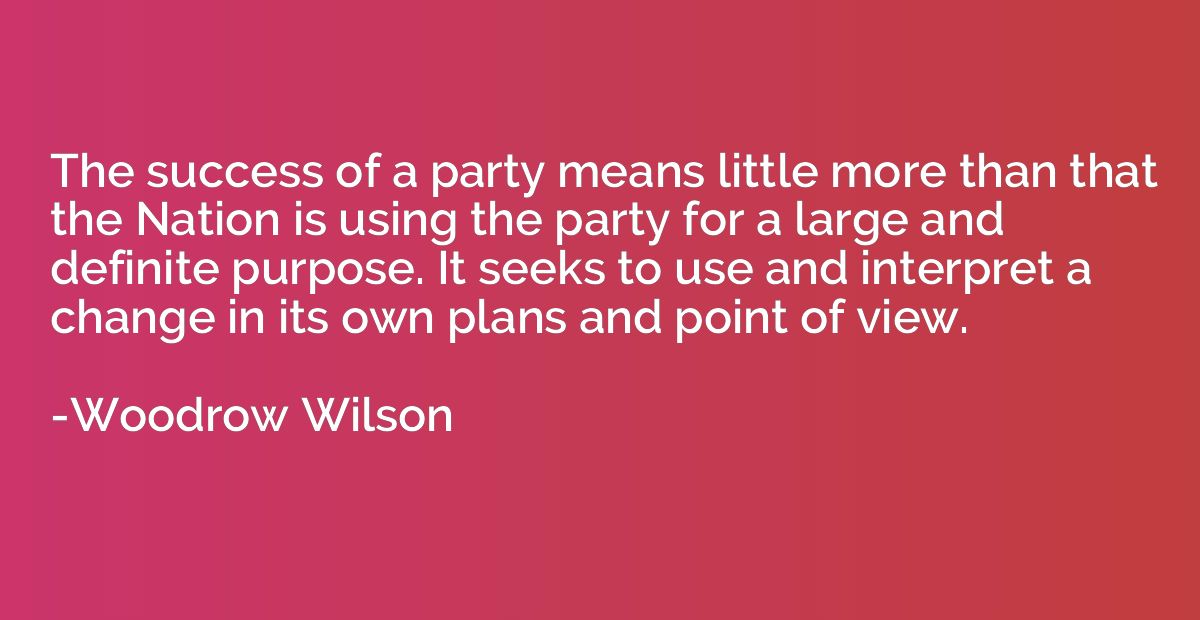Quote by Christopher Hitchens
You might think that the Left could have a regime-change perspective of its own, based on solidarity with its comrades abroad. After all, Saddam's ruling Ba'ath Party consolidated its power by first destroying the Iraqi communist and labor movements, and then turning on the Kurds (whose cause, historically, has been one of the main priorities of the Left in the Middle East). When I first became a socialist, the imperative of international solidarity was the essential if not the defining thing, whether the cause was popular or risky or not. I haven't seen an anti-war meeting all this year at which you could even guess at the existence of the Iraqi and Kurdish opposition to Saddam, an opposition that was fighting for 'regime change' when both Republicans and Democrats were fawning over Baghdad as a profitable client and geopolitical ally. Not only does the 'peace' movement ignore the anti-Saddam civilian opposition, it sends missions to console the Ba'athists in their isolation, and speaks of the invader of Kuwait and Iran and the butcher of Kurdistan as if he were the victim and George W. Bush the aggressor.

Summary
This quote argues that despite historically aligning with the cause of international solidarity, the Left has failed to acknowledge and support the Iraqi and Kurdish opposition to Saddam Hussein. It criticizes the anti-war movement for not recognizing the existence and struggle of these opposition groups during a time when politicians from all sides were supporting Saddam's regime. The author points out the irony of the peace movement sympathizing with the Ba'athists and portraying Saddam Hussein, who invaded Kuwait, Iran, and oppressed the Kurds, as the victim rather than holding him accountable for his actions.














